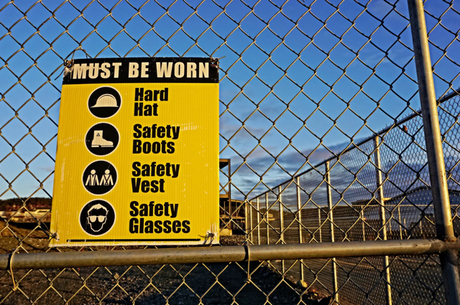The safe and proper storage of dangerous goods is a critical component of any workplace where such substances are present. In Australia, stringent laws and regulations are in place to ensure the safety and well-being of all stakeholders, including employees, customers, and the wider community. Failure to adhere to these rules can lead to serious penalties. This article seeks to shed light on the potential penalties for improper storage of dangerous goods in Australia.
Legal Framework for Dangerous Goods Storage
In Australia, the legislation governing the storage and handling of dangerous goods varies by state and territory. However, all jurisdictions adopt a common framework – the Australian Dangerous Goods Code (ADG Code) – as the basis for their individual regulations. This Code provides comprehensive guidelines on classification, packaging, storage, and transport of dangerous goods.
Penalties for Non-Compliance
The penalties for improper storage of dangerous goods can be substantial. They are designed to underscore the gravity of non-compliance due to the potential hazards such substances present.
Penalties can range from hefty fines to imprisonment, depending on the severity of the breach. For example, in Victoria, under the Occupational Health and Safety Regulations 2017, corporations can be fined up to 18000 penalty units (over AUD 3 million as per the value of a penalty unit in 2023), and individuals can face fines of up to 3600 penalty units (over AUD 600,000) or up to five years imprisonment for serious offences
Additional Consequences
In addition to legal penalties, non-compliance can have other significant consequences. These can include increased insurance premiums, damage to business reputation, loss of customer trust, and even business closure in severe cases. Moreover, businesses may be liable for cleanup costs and compensation for any harm caused by improperly stored dangerous goods.
Prevention is Key
To avoid these penalties, businesses must ensure they fully understand and comply with their obligations under relevant dangerous goods legislation. This includes correctly classifying and segregating dangerous goods, using appropriate storage facilities and containers, ensuring adequate safety measures are in place, and providing necessary training for staff. Regular audits and inspections of storage areas are also crucial to ensure ongoing compliance.
Seek Expert Advice
Given the complexity and variability of the legislation, it can be beneficial for businesses to seek expert advice. Industry associations, safety consultants, and regulatory bodies can provide valuable guidance on complying with dangerous goods storage regulations. Contact Super Spill Solutions if you would like to understand what your business can do to ensure compliance.
In conclusion, the improper storage of dangerous goods can attract significant penalties in Australia, reflecting the serious risks these substances can pose if not handled correctly. However, through diligent adherence to regulations, ongoing staff training, and regular safety audits, businesses can ensure the safe storage of dangerous goods, protecting not only themselves from penalties but, more importantly, their employees, customers, and the community at large.




